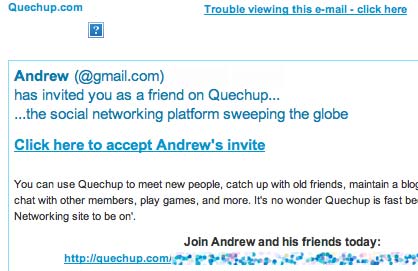Dave Snowden’s blog Cognitive Edge has rapidly become one of my top sources for insight into the subtleties of managing knowledge in the organization. Earlier this summer, he packaged up some of his insights and advice on the connections between learning and knowledge that reflect his bias that “narrative material, anecdotes, pictures, fragments of stories is more valuable than structured documents and closer to the way we naturally share and create knowledge and learning.” [Learning lessons or lessons learnt? ]
For example, here is one of his action recommendations:
Learning lessons or lessons learnt?
…
- Make capture continuous and a part of the job, not a post job after action review. The more capturing stories is part of the way we do things around here, the better it is. The other advantage is that you can then see trends emerging in the way that people index the story material which allows early intervention. This sort of switch is key to moving from a retrospective and codified set of documents, to a dynamic narrative based learning ecology.
We need to be learning lessons continuously, not documenting lessons learnt.
If many earlier approaches to knowledge management were technologically over-engineered, Snowden is essentially arguing for the power of simplicity.


